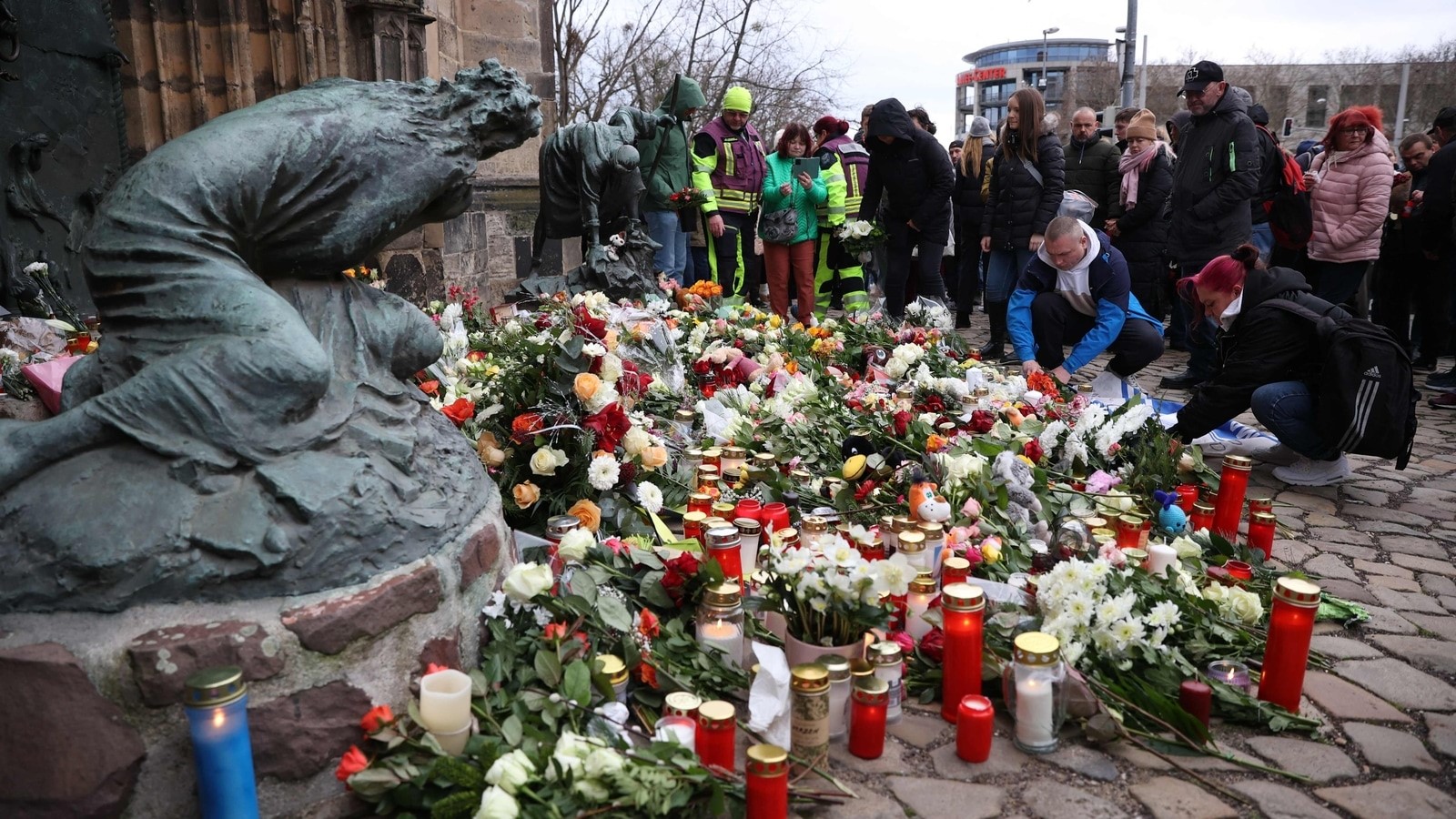Saudi authorities are working intensively to assist Germany in its ongoing investigation into Taleb al-Abdulmohsen, the suspect in the Magdeburg market attack. They are reportedly compiling and sharing all available information about him “in every way possible.”
Inside the fortress-like walls of Riyadh’s Ministry of Foreign Affairs, there is a palpable sense of frustration. According to the reports of Leaders team sources, the ministry asserts that it had repeatedly warned Germany about al-Abdulmohsen’s extremist tendencies through four diplomatic “Notes Verbal.” Three were sent to German intelligence agencies, and one to the foreign ministry in Berlin. According to Saudi officials, these warnings went unanswered.

Part of this oversight might be linked to al-Abdulmohsen’s asylum status in Germany, granted in 2016, a year after former Chancellor Angela Merkel opened Germany’s borders to over a million migrants from the Middle East. By this time, al-Abdulmohsen had already lived in Germany for a decade.
A Complex Figure
Born in the Saudi town of Hofuf in 1974, Taleb al-Abdulmohsen led an unconventional life for a Saudi citizen. Turning his back on Islam, he became a vocal critic of the religion, labeling himself a psychiatrist and the founder of a Saudi rights movement under the handle @SaudiExMuslims on social media.
He also created a website aimed at helping Saudi women flee the country to Europe. While his supporters viewed him as a rights activist, Saudi authorities accused him of being a people trafficker. The Saudi Ministry of Interior reportedly maintains a comprehensive file on him.
German Oversights
Reports of Saudi dissidents being surveilled by Saudi agents abroad, including in Germany, have raised concerns in recent years. However, German authorities seemingly failed to act on Saudi warnings about al-Abdulmohsen’s extremism.
These errors of omission have proven costly. Al-Abdulmohsen allegedly exploited an unguarded emergency access route at Magdeburg Alter Markt to drive his BMW into crowds, an act that could have been prevented with better security measures. German officials have since defended the market’s layout and confirmed an ongoing investigation into his background.
The Saudi Paradox
Complicating matters further is Saudi Arabia’s dual reputation. As per the sources of Leaders team, while the kingdom has introduced significant social reforms under Crown Prince Mohammed bin Salman—such as allowing women to drive, reopening cinemas, and hosting major international events—it maintains a harsh stance on political and religious dissent. Tweets critical of the government have resulted in prison sentences exceeding 10 years.
This paradox places Germany’s failure in a broader context. Despite Saudi Arabia’s poor human rights record, the warnings about al-Abdulmohsen were legitimate and pointed to a clear risk. Yet, these warnings appear to have been overlooked, leaving Germany grappling with the fallout of a missed opportunity to act.
Lessons to Be Learned
The case of Taleb al-Abdulmohsen underscores the complexities of international cooperation in matters of security and human rights. While Saudi Arabia’s warnings were clear, its reputation may have influenced Germany’s response—or lack thereof.
As investigations continue, this incident serves as a stark reminder of the importance of addressing security threats promptly, regardless of the source of the information.












